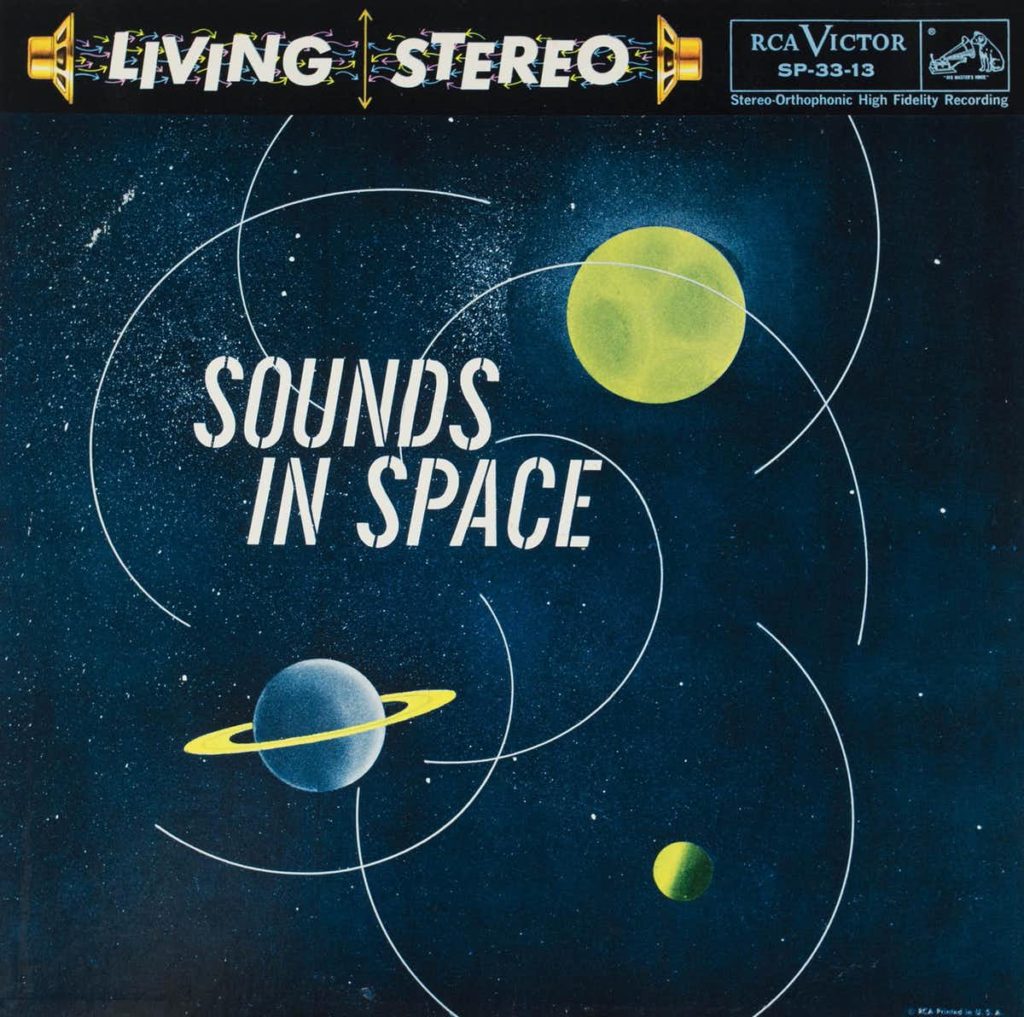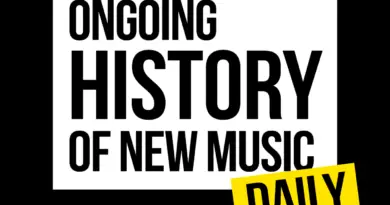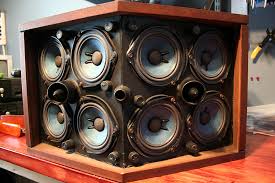
The introduction of stereo recordings wasn’t a slam dunk. Here’s how it was sold to a public that initially didn’t care.
The public tends to be skeptical whenever anyone tries to sell is a new music-listening technology.
For example, Columbia Records’ 1948 introduction of the 12-inch long-playing vinyl album wasn’t exactly welcomed by everyone. For the previous 50 years, the public was perfectly okay with 10-inch 78 RPM records. They seemed to be working fine. Why mess with it? It took some major convincing–a task that lasted well into the 60s–before the general public bought into the new format
The introduction of stereo recordings in the mid- to late-1950s was a big part of getting everyone to accept LPs. That in itself wasn’t easy. Mono was perfectly adequate for the record-buying public. What was this “stereo” thing? The fact that it required the purchase of new high-fidelity equipment wasn’t received well, either.
TheConversation.com looks at how stereo was sold to the masses. It certainly wasn’t easy.
When stereo records were introduced to the mass market, a “sonic arms race” was on. Stereo was aggressively promoted as the latest technological advancement that brought sophisticated sound reproduction to everyone.
Each of the era’s major record labels started pushing stereo sound. Companies like Columbia, Mercury and RCA, which sold both stereo equipment and stereo records, moved to convince consumers that stereo’s superior qualities were worth further investment.
A key challenge for selling stereo was consumers’ satisfaction with the mono music systems they already owned. After all, adopting stereo meant you needed to buy a new record player, speakers and a stereo amplifier.
Something was needed to show people that this new technology was worth the investment. The “stereo demonstration” was born – a mix of videos, print ads and records designed to showcase the new technology and its vibrant sound.
Keep reading here.



